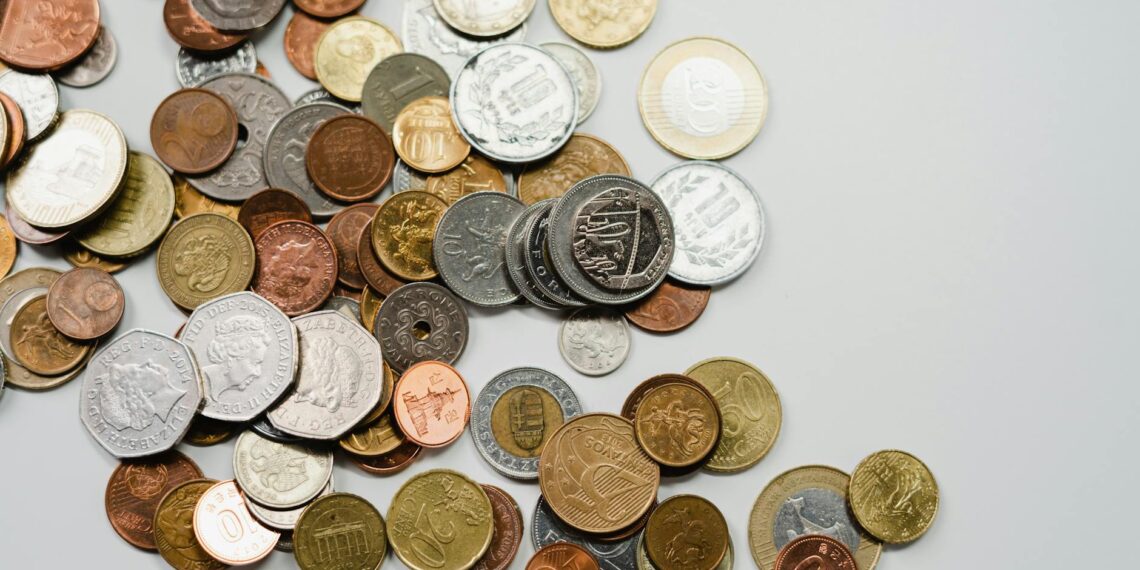Are coin collections worth anything?
Yes, coin collections can be worth money, especially if they contain rare coins or coins made from precious metals . The value of a coin collection depends on a number of factors, including:
- Rarity: Coins that are no longer produced, are difficult to find, or have unique marks or errors are generally more valuable.
- Condition: Coins in excellent condition with minimal wear and original luster typically sell for more.
- Historical Significance: Coins tied to important events or figures can fetch higher prices.
- Demand: The popularity of certain coins among collectors can fluctuate, impacting their market value.
- Metal Content: Coins made from precious metals like gold or silver have intrinsic value in addition to their numismatic value.
Some specific examples of valuable coins
- The 1933 double eagle , with only thirteen known to exist, is one of the rarest coins.
- The 1794 Flowing Hair Silver Dollar is considered to be one of the world’s most expensive coins.
- The 1943 Lincoln Head Copper Penny , originally made of steel due to wartime metal shortages, is another rare and valuable coin.
- The 1913 Liberty Head V Nickel , with only five believed to be minted, has fetched millions of dollars at auction.
Getting an appraisal
If you’re unsure about the value of your coin collection, it’s recommended to get a professional appraisal from a reputable coin dealer or numismatic expert. They can help identify rare or valuable pieces and provide an accurate assessment of your collection’s worth. You can find qualified appraisers through numismatic organizations like the [American Numismatic Association] (ANA) or online appraisal services.
Before selling your coin collection
- Research: Understand the factors that affect coin value and research the market value for coins similar to yours.
- Professional Grading: For high-value pieces, consider having them professionally graded by a reputable service like the Professional Coin Grading Service (PCGS) or Numismatic Guaranty Company (NGC).
- Documentation: Keep detailed records of your collection, including photos, descriptions, and any certificates of authenticity or provenance.
Selling your coin collection
- Coin Dealers: A quick and convenient option for selling your collection.
- Auction Houses: Suitable for rare or high-value coins, as they can attract serious collectors.
- Online Marketplaces: Platforms like eBay can reach a global audience, but be mindful of fees and potential scams.
- Coin Shows: Offer opportunities to connect with dealers and collectors in person.
- Private Sales: An option if you know someone interested in your collection.
Remember, whether you’re collecting for personal enjoyment or as an investment, taking the time to learn about and care for your coin collection can be a rewarding experience.









How do I know if my coin collection is valuable?
They are no longer being produced and therefore decreasing in circulation.
They are difficult to find.
They have unique marks due to errors or limited editions.
They have some kind of historical significance.
Is it worth keeping coin collections?
With coin collecting, as with collecting other items, the more rare the coin, the more valuable it is. investing in rare coins has the advantage of potentially providing significant profits. However, it also has downsides to consider, including the fact that earning money investing in rare coins takes time.
How do I sell my coin collection for the most money?
If you have a very high-value piece or collection, consigning to one of the larger auction houses may be the best avenue. Once you get into five and six figures or more, some local dealers may not be able to buy them outright.
What to do if you inherit a coin collection?
Get a Free Evaluation of Your Inherited Coins
Your local coin shop is a great option, so long as they have a good reputation. Most coin shops will evaluate coins for free, and prepare an offer to buy specific items or even the whole collection. There’s no obligation to sell.